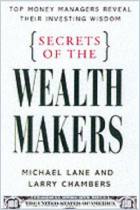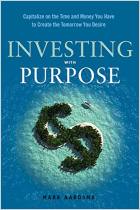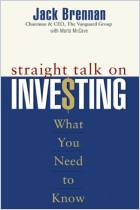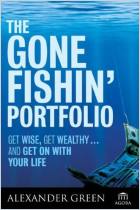
Read or listen offline
Recommendation
Compiled by Louis Crosier and written by a group of investment and other financial advisors, each of whom contributed a chapter, this book thoroughly addresses every important question involved in the sale of a business, except the matter of finding a buyer. It focuses on financial planning, so the information on insurance, taxes, negotiations, deal structuring and the like is comprehensive and detailed. One of the more interesting chapters, however, addresses the emotional consequences of a windfall of cash. It turns out that the ancient sages were right: money doesn’t solve problems; it just substitutes new problems for old ones. getAbstract recommends this book to those who are considering selling their businesses. For readers who may have to embark on the problem-plagued life of a wealthy ex-entrepreneur, this book is a useful (although a rather dry) guide.
Summary
About the Author
Louis P. Crosier is a principal at Windward Investment Management Committee. He oversees the firm’s investment consulting practice. He has worked extensively in investment management and consulting. He earned his bachelors and M.B.A. at Dartmouth College and holds a master’s in education from Harvard University.
























Comment on this summary or Start Discussion